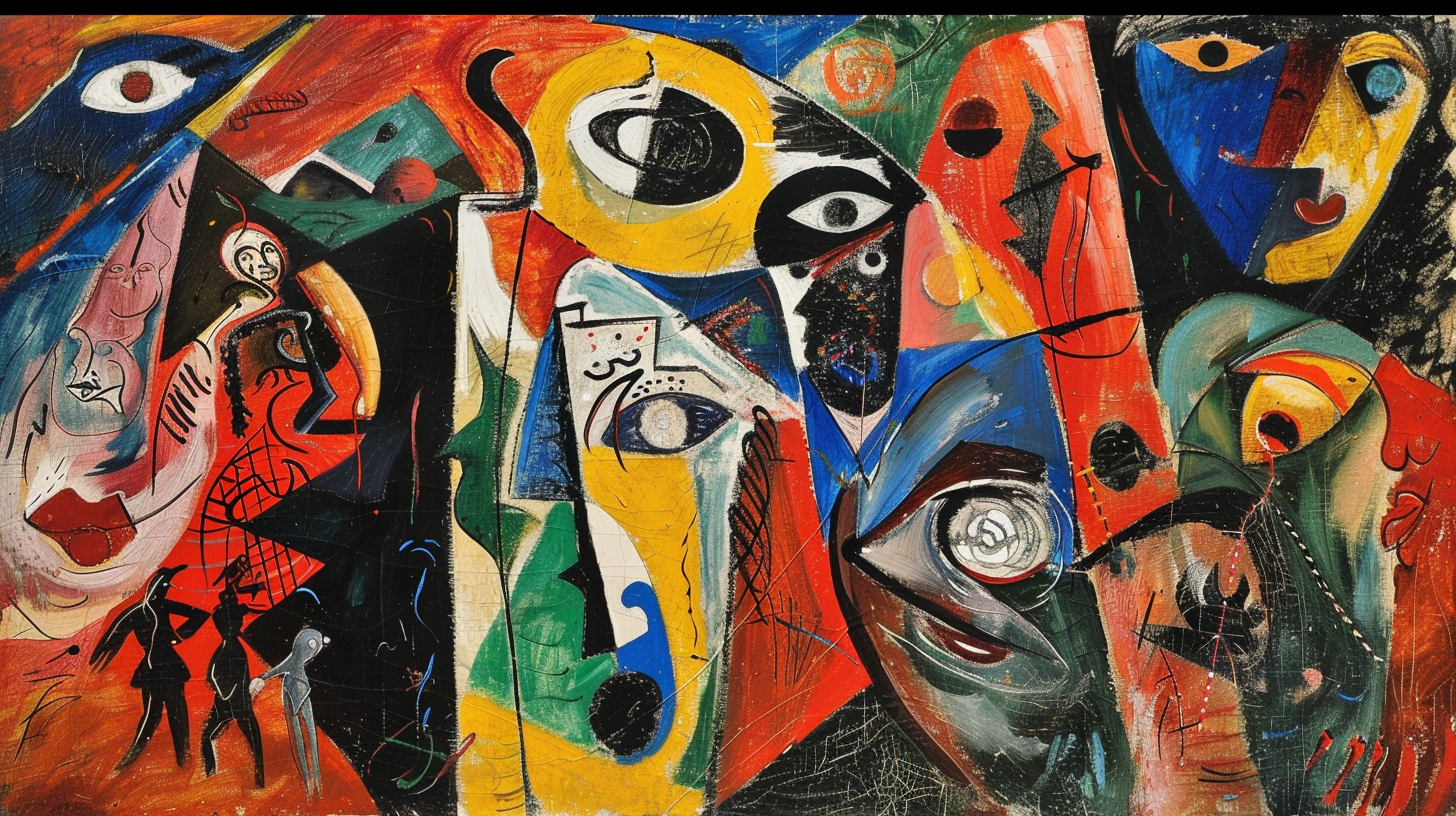
In February, more than 100 avant-garde artworks were seized by French court bailiffs from an art laboratory in Paris due to suspicions of theft from a private collector. The international firm Dentons claims that the works belong to its client, Uthman Khatib, a businessman and investor of Palestinian origins living in Israel. The collection, worth an estimated €100 million, includes paintings attributed to renowned artists such as Wassily Kandinsky, Kazimir Malevich, and Natalia Goncharova. Khatib claims that the paintings were stolen from a storage facility in Wiesbaden, Germany, in December 2019.
This incident is not the first time Khatib has had his artworks seized. Previously, bailiffs also seized a collection of works from a Frankfurt storage facility in 2019, claiming they were Khatib’s property. While the exact number of recovered works was not disclosed, it was stated that they numbered in the “several hundred.” The Khatib family is determined to regain approximately 900 total works of art lost worldwide, with Castro Ben Leon Lawrence Jayyusi, Khatib’s son, leading the campaign. Some of the works from the family collection have reportedly been sold at auctions in Israel, France, and Monaco within the last year. Jayyusi’s efforts to recover the artworks are funded by the Prague-based litigation financier, LitFin.
The root of this complex situation can be traced back to Khatib’s purchase of 871 works from Israeli art dealer Itzhak Zarug in 2015. Upon their acquisition, the works were seized by the Wiesbaden public prosecutor’s office due to suspicions of forgery. Although Zarug was initially imprisoned for leading a forgery ring, the forgery and criminal conspiracy charges against him were later dropped in 2018. He and a colleague, however, were convicted of falsifying provenance and selling a forged work.
In 2019, authorities returned the collection, including Khatib’s portion, to Zarug. However, court documents reveal that the art was subsequently taken from Khatib’s storage facility in Wiesbaden. Jayyusi claims to know the thief and had attempted to negotiate the collection’s return, but his appeals went unanswered, leading him to take legal action. Unfortunately, by 2022, none of the works had been recovered, and they reportedly began circulating at auction.
In 2023, the Frankfurt higher regional court ruled that bailiffs could remove Khatib’s works from a storage facility. The Khatib family’s legal team has already reached out to two auction houses in France and Israel, respectively, believed to possess pieces from the lost collection. Jayyusi emphasizes their determination to track down the perpetrators globally and encourages potential buyers of Russian avant-garde works to thoroughly verify their provenance to ensure they are not stolen pieces belonging to their family.
The case of the seized avant-garde artworks highlights several key points and raises potential future trends in the art industry. Firstly, the issue of stolen art and questions surrounding provenance continues to plague the market. As the value of artworks increases, so does the incentive for theft and forgery. This emphasizes the importance of conducting due diligence before purchasing artworks, verifying their authenticity and ownership history.
Secondly, the involvement of litigation financiers, such as LitFin, in funding the recovery efforts demonstrates an emerging trend in the art industry. As legal battles surrounding stolen art become more complex and costly, litigation financing can provide financial support to individuals or institutions seeking justice and the return of their stolen assets. This trend is likely to grow as more parties recognize the benefits of outside funding in pursuing legal action.
Furthermore, the international nature of this case reflects the globalized art market and the challenges it presents when dealing with cross-border legal disputes. Recovering stolen artworks often involves coordination between multiple jurisdictions, making it essential for individuals and institutions to have a strategic approach when seeking justice. The involvement of international law firms like Dentons showcases the need for specialized legal expertise in navigating these complex cases.
In conclusion, the case of the seized avant-garde artworks raises important issues related to stolen art, provenance verification, and the role of litigation financing in the art industry. To mitigate theft and forgery, it is crucial for buyers to thoroughly research the history and authenticity of artworks before making purchases. Furthermore, industry stakeholders should collaborate in the fight against art crime, sharing information and resources to track down stolen pieces. Ultimately, a concerted effort from collectors, dealers, auction houses, and legal professionals is necessary to ensure transparency, integrity, and the protection of artistic heritage.
References:
1. The Art Newspaper. (2023). Dentons Claims Seized Avant-Garde Artworks are the Property of Palestinian Collector. Retrieved from https://www.theartnewspaper.com/news/seized-avant-garde-artworks-claimed-by-palestinian-collector
2. Antiques Trade Gazette. (2023). Palestinian collector fights to recover ‘stolen’ 20th century Russian art in Paris raid. Retrieved from https://www.antiquestradegazette.com/news/2023/palestinian-collector-fights-to-recover-stolen-20th-century-russian-art-in-paris-raid/
